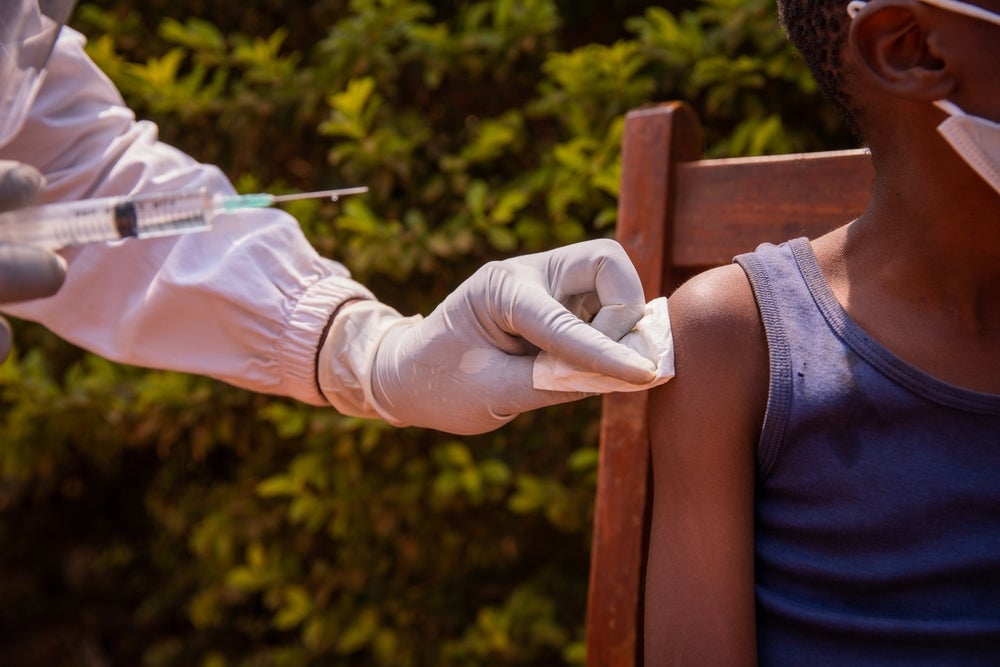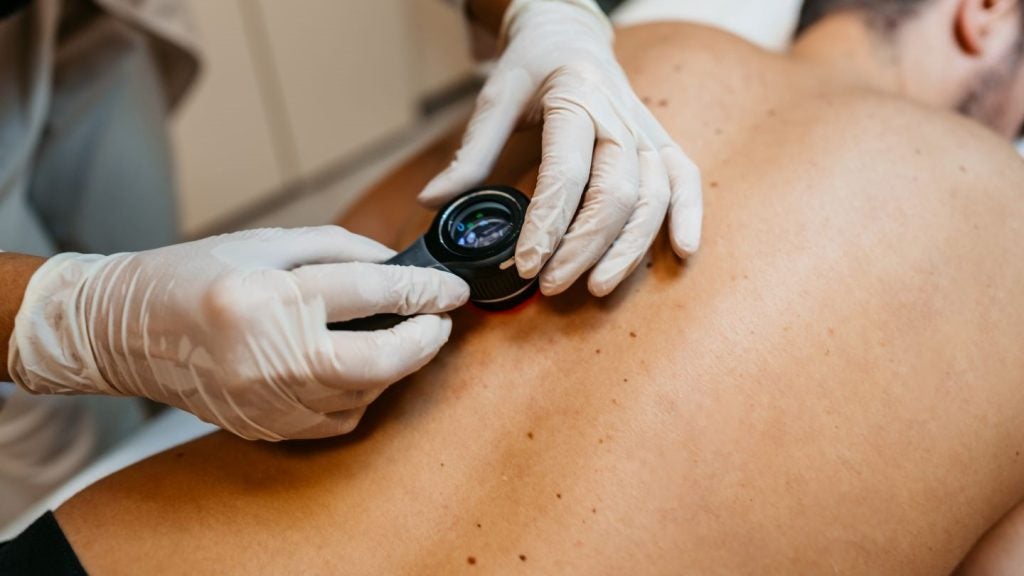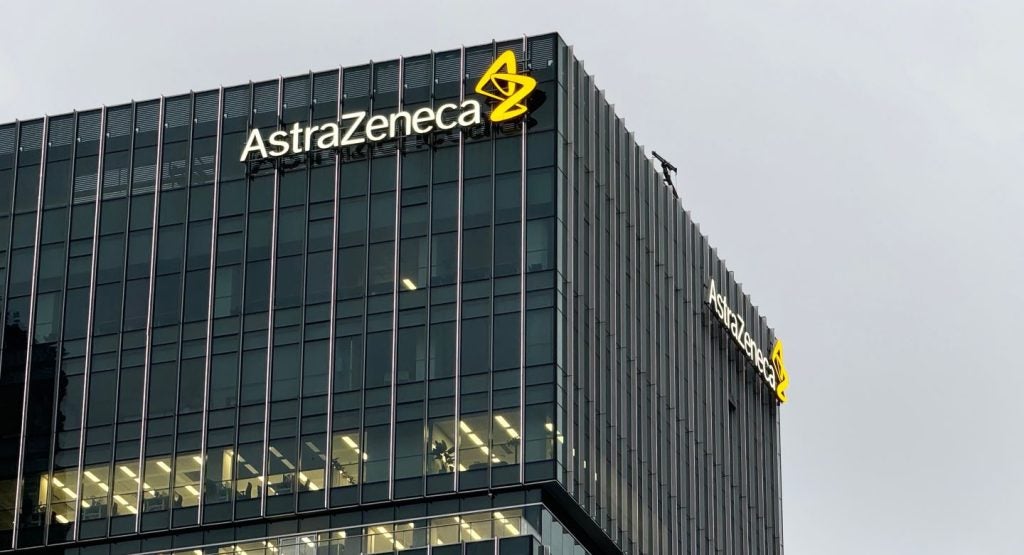The Ministry of Health and Prevention in the United Arab Emirates (UAE) has approved the use of BioArctic and Eisai’s Leqembi (lecanemab) for Alzheimer's disease treatment.
This decision by the UAE's health authority allows the initiation of Leqembi therapy in patients with mild cognitive impairment (MCI) or at the mild dementia stage of the disease, aligning with the patient population targeted in clinical trials.
The approval of Leqembi in the UAE is based on the results from the extensive global Phase III Clarity study.
In this study, Leqembi achieved its primary endpoint and all key secondary endpoints with statistically significant outcomes.
It works by selectively binding to both soluble and insoluble amyloid-beta (Aβ) aggregates, which are a hallmark of Alzheimer's, reducing Aβ protofibrils and plaques in the brain.
Leqembi is the first approved treatment that has demonstrated a reduction in the rate of disease progression and a slowdown in cognitive and functional decline through this mechanism.
It is a humanised immunoglobulin gamma 1 (IgG1) monoclonal antibody targeting aggregated forms of amyloid-beta (Aβ).
The treatment is already approved in China, Hong Kong, Israel, Japan, South Korea and the US, and is being marketed in the US, Japan and China.
Leqembi is a product of collaboration between BioArctic and Eisai, with the antibody originally developed by BioArctic based on professor Lars Lannfelt's discovery of the Arctic mutation in Alzheimer's.
Eisai, which is responsible for Leqembi's clinical development, market approval applications, and commercialisation, has partnered with Biogen to commercialise the drug in the UAE.
BioArctic retains the right to commercialise lecanemab in the Nordic region and is preparing for joint commercialisation with Eisai in Europe, pending approval.
Further expanding its global reach, Eisai has submitted applications for lecanemab's approval in 11 other countries and regions, including the European Union (EU).
In the US, a supplemental biologics licence application for intravenous maintenance dosing was submitted in March 2024, and a rolling submission for a subcutaneous injection formulation began in May under fast track status.














